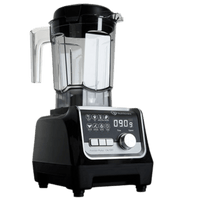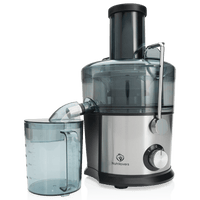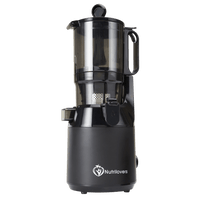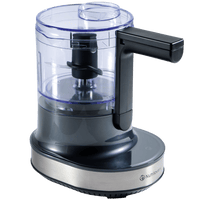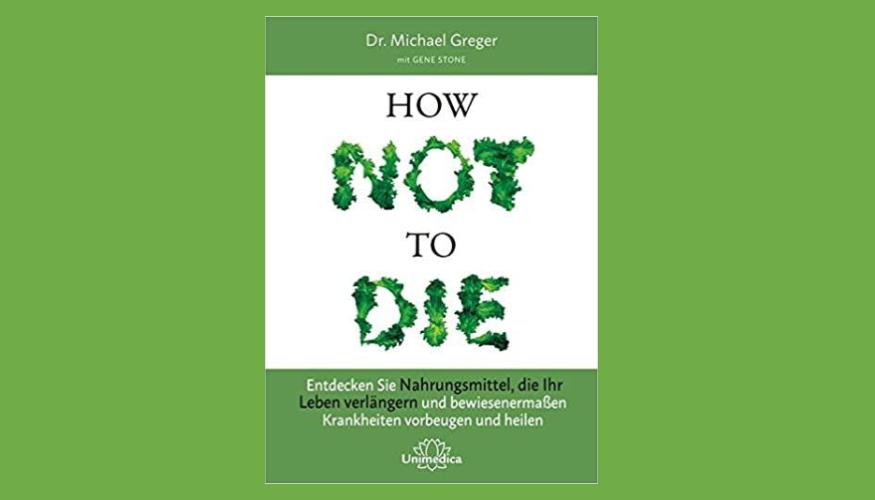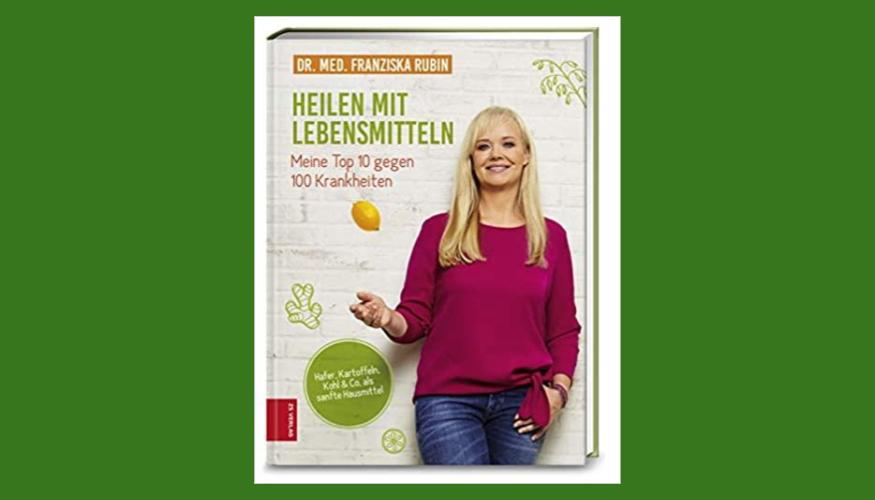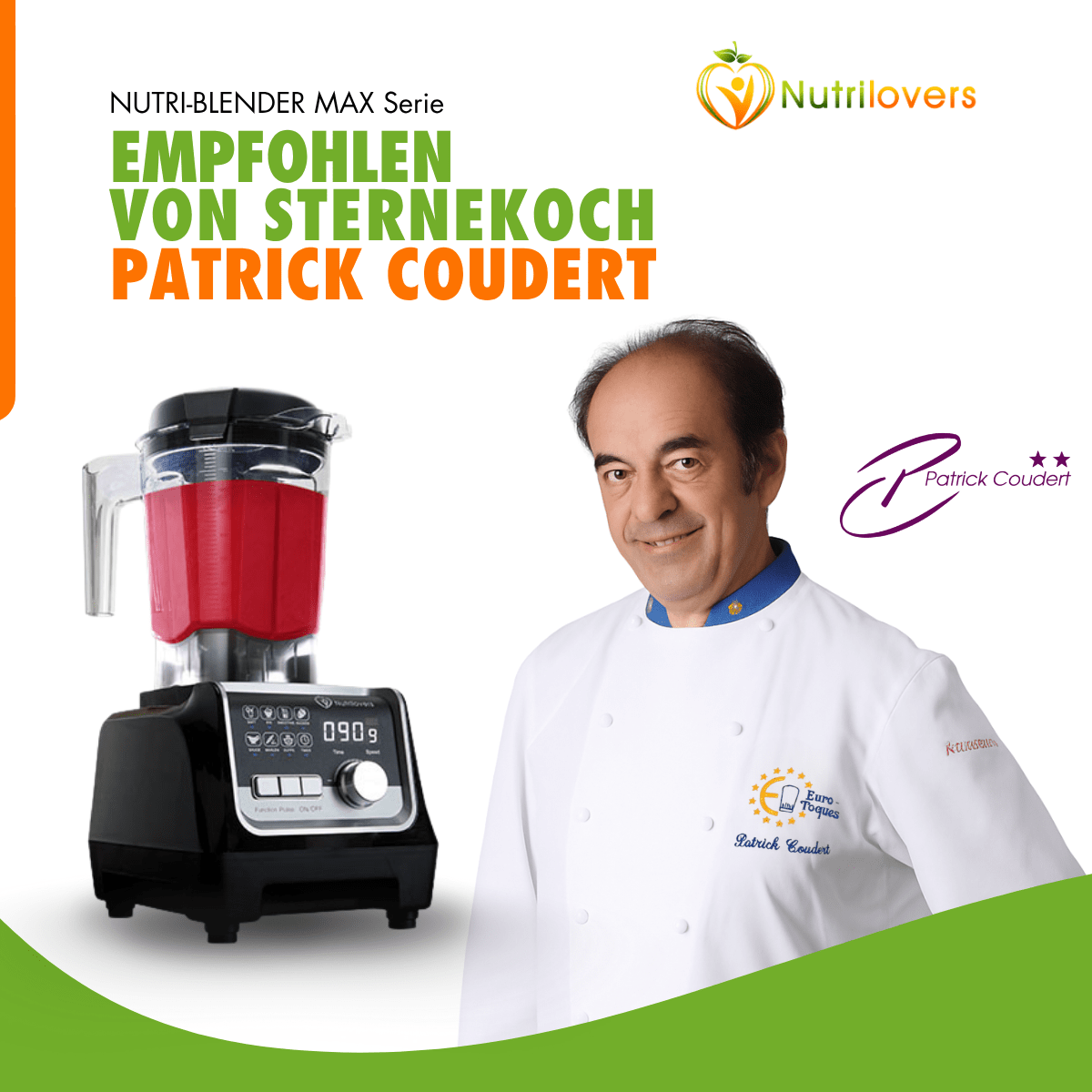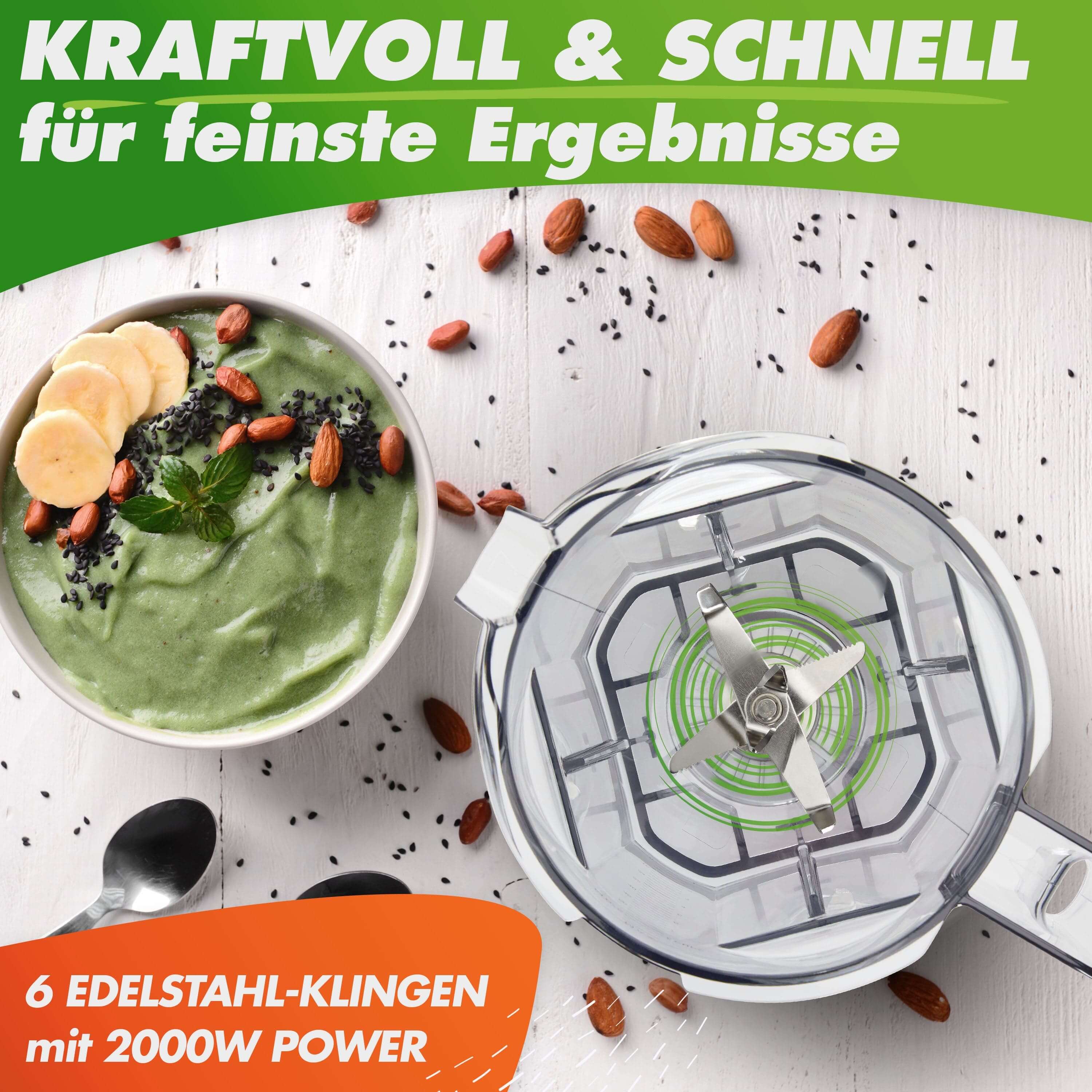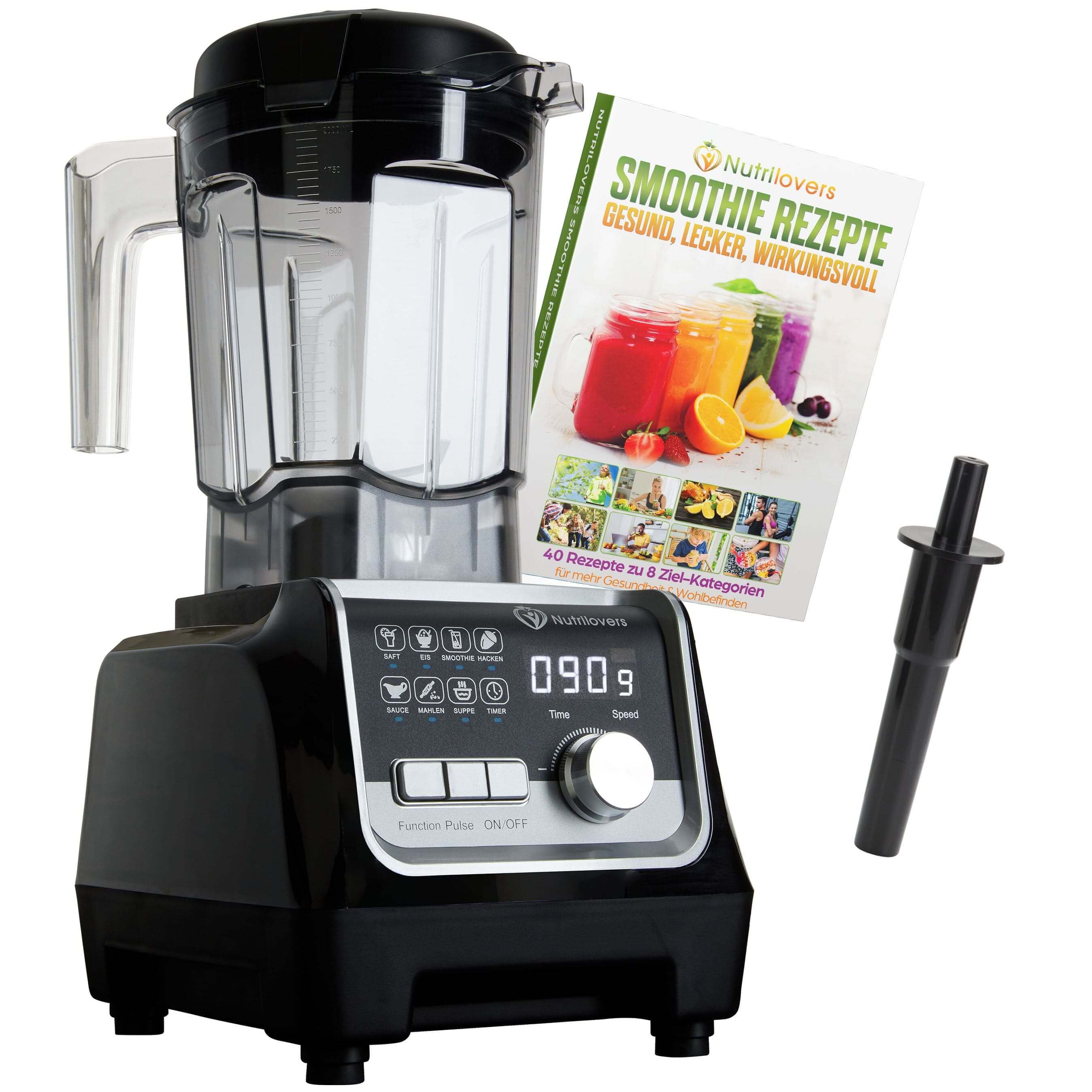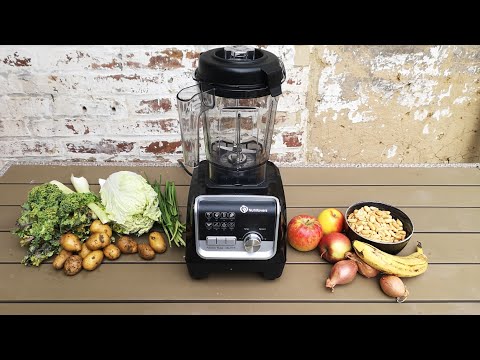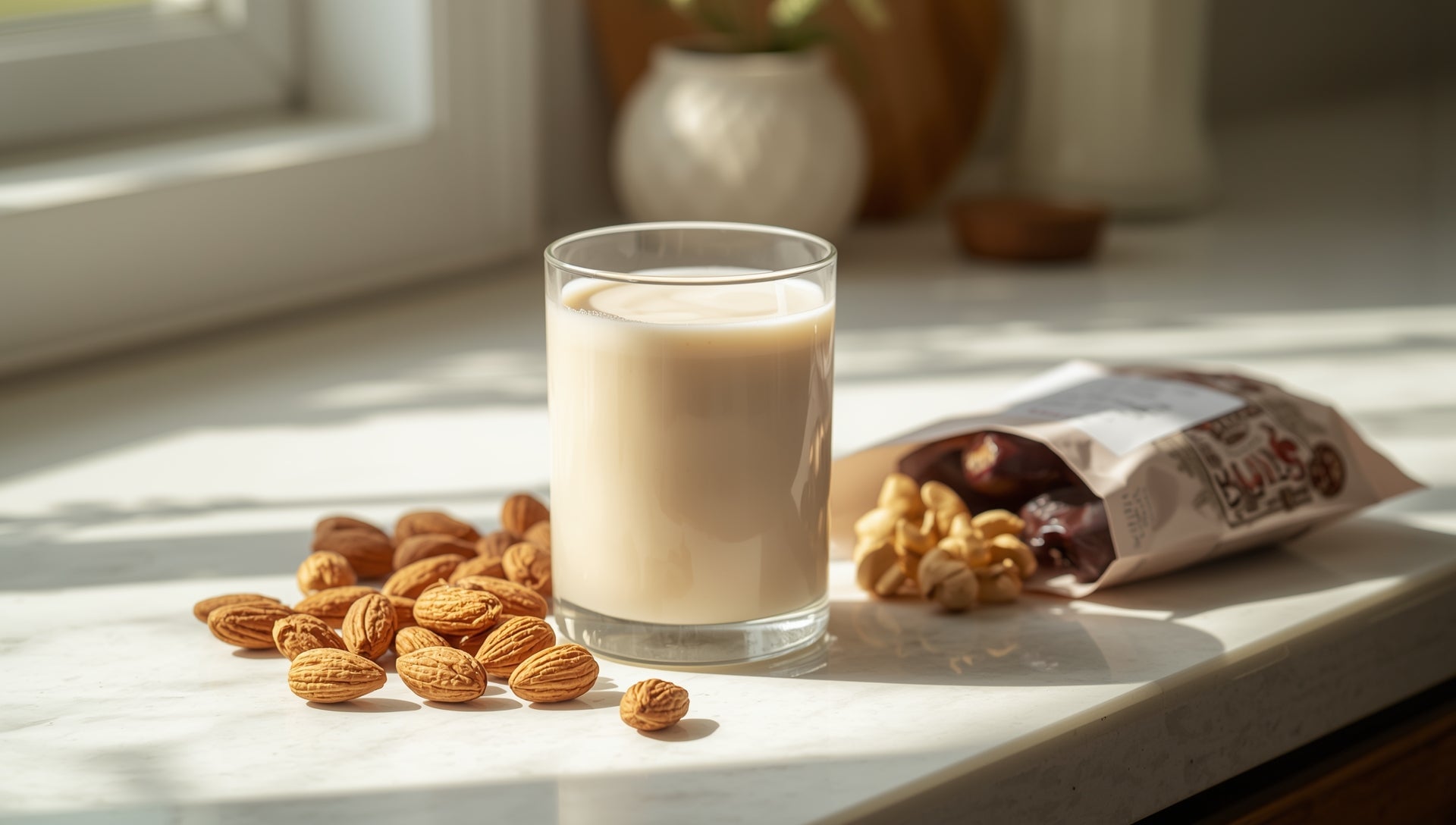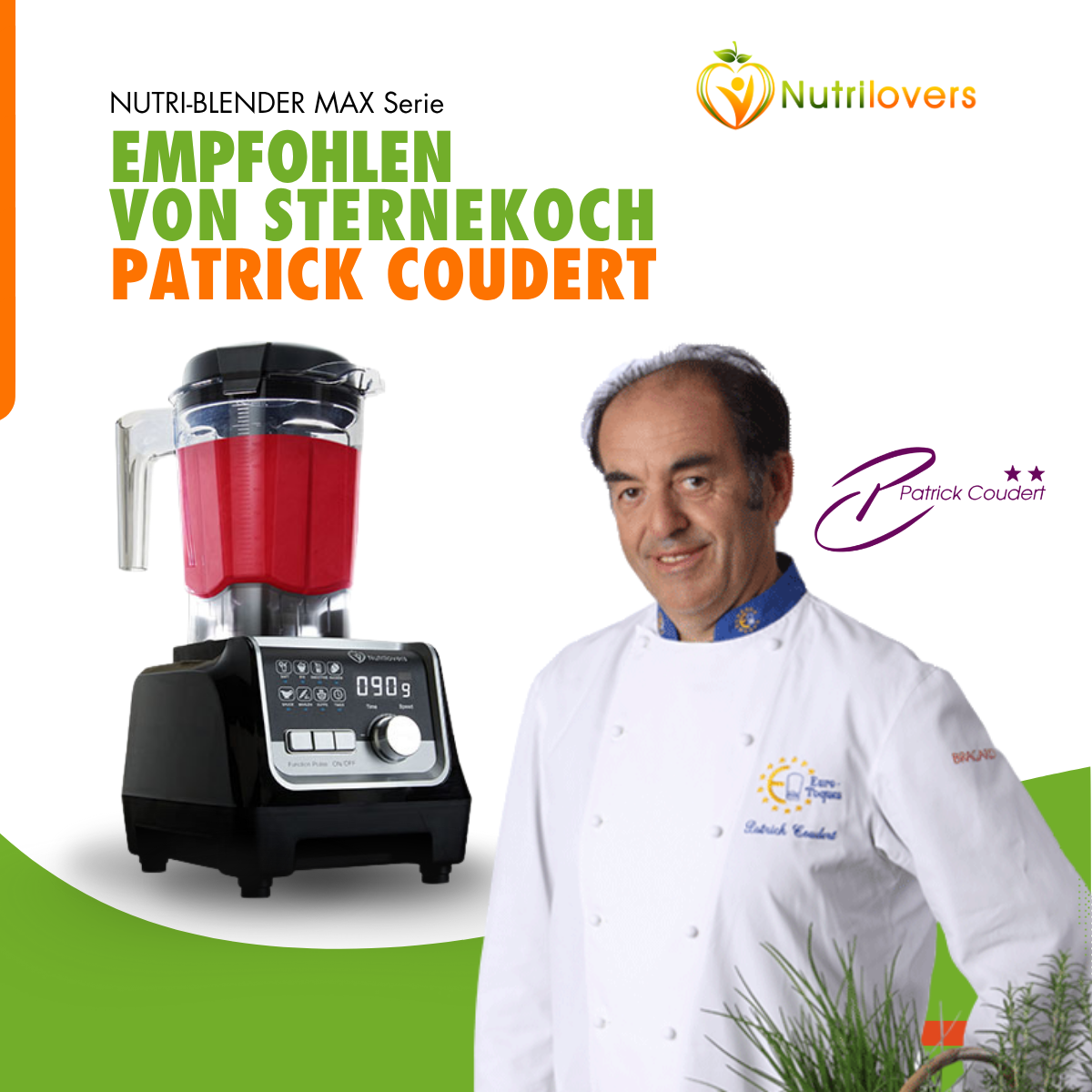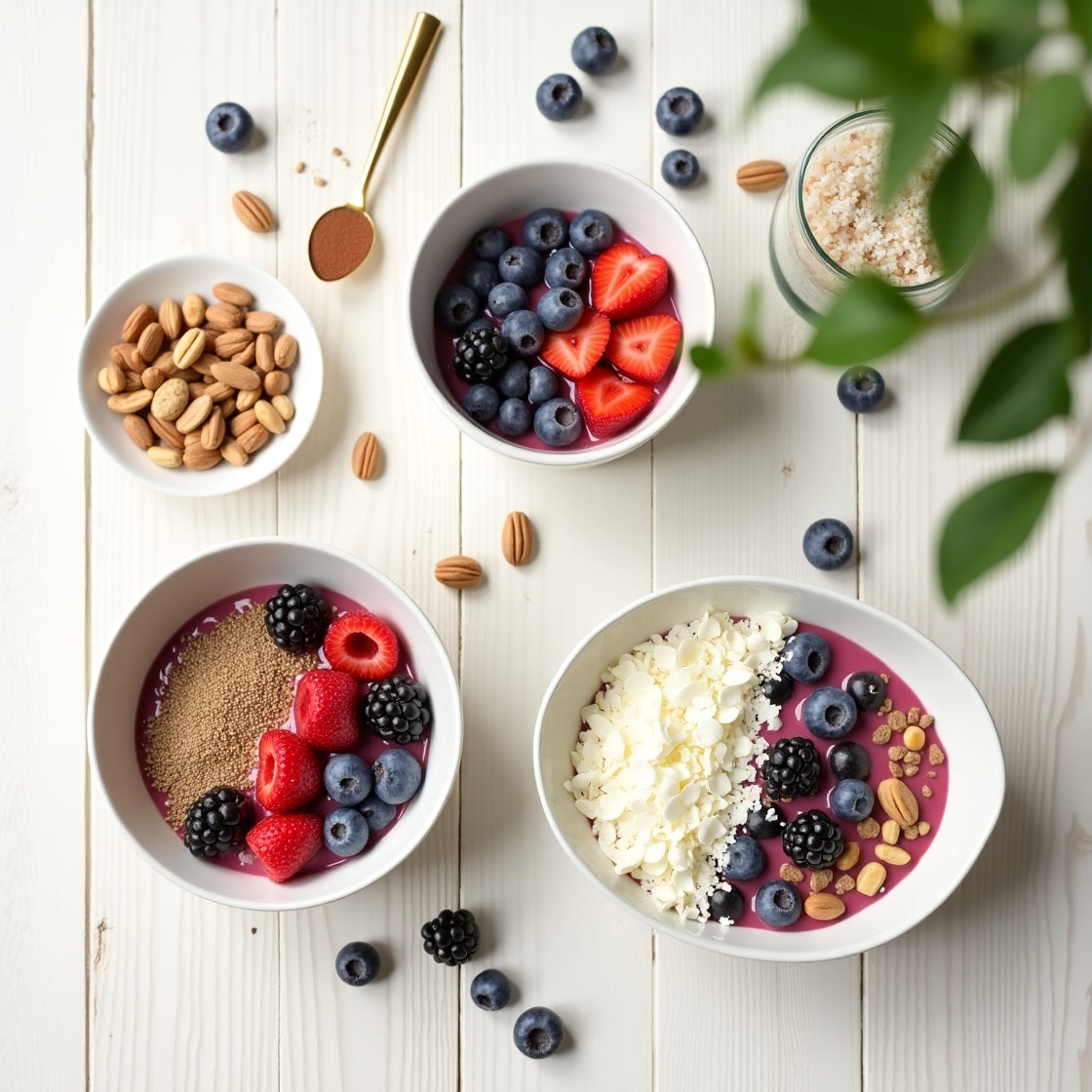How Not to Die
Discover foods that extend your life – and are proven to prevent and cure diseases
By Michael Greger & Gene Stone
How Not to Die (2015) explains how you can live longer and happier with a plant-based diet. But what constitutes such a healthy diet and how does it work? This summary is a treasure trove filled with health-promoting tips, advice, and information that no doctor can provide.
What's in it for you: Unlock the simple secret to a long, healthy life.
When we talk about healthy eating, it's about more than just achieving the perfect bikini body. Eating the right foods fundamentally improves your health and—while immortality remains a distant prospect—can delay the inevitable a little. So, your order at a restaurant can keep you healthy, even if you're a few years behind you.
But what constitutes a healthy diet? Those who want to eat right get a variety of tips from all directions. Given the many recommendations from friends, social media, and colleagues, are you also struggling to know where to start? It makes sense to look at the scientifically proven strategies here. This summary shows you that these don't have to be dry or boring:
You will also find out
- how a single meat-based meal affects the health of vegetarians,
- why apples are a miracle cure, but blackberries are ten times better and
- why oregano not only refines your tomato sauce but also makes it healthier.
Poor nutrition causes most premature deaths, but medicine rarely addresses it.
The good news is: human life expectancy is increasing. More and more people are living to their 100th birthday—but a longer life doesn't necessarily mean we live healthier lives.
A study in the American Journal of Medicine provided initial evidence for this. Scientists autopsied 42,000 people who had lived to be over 100 years old. The result: Most had died of illnesses, even though medical records indicated they had only suffered from the effects of old age.
How can this be explained? The main culprit is diet. The evidence for this is plentiful. In 2013, for example, the Nutritional Update for Physicians was published in The Permanente Journal . It investigated the long-term effects of meat, milk, eggs, and industrially processed foods. The researchers are clear: those who eat particularly large amounts of these foods increase their risk of heart disease, diabetes, and a host of other chronic diseases. Furthermore, large amounts of animal fat and processed meat raise cholesterol levels and thus also the risk of heart disease.
Further evidence comes from a comparison of American and Japanese cuisine. Many Japanese migrated to the United States in the 20th century. After the Japanese immigrants became accustomed to American cuisine, their risk of heart attack was 40 percent higher than that of their acquaintances who remained in Japan.
One thing is certain: nutrition plays a crucial role. However, US physicians often lack the necessary knowledge. Only one in four medical schools in the US offers a course in nutrition science—a 37 percent decrease from 30 years ago.
This is no coincidence. In 2001, a law was passed in California requiring physicians to take a twelve-hour course in nutrition science. However, the California Medical Association opposed this. Comparable seminars have long existed: every physician is required to complete a twelve-hour course on "Pain Relief in Older Adulthood." Apparently, there is less interest in reducing the risk of disease through good nutrition.
Instead, doctors in the US are prescribing more and more medications. The result: US drug consumption accounts for one-third of the global pharmaceutical market, which is worth a billion US dollars. Almost 70 percent of the population regularly takes a prescription drug.
A plant-based diet is sometimes more effective than medication and free of side effects.
In 2014, an article about the consequences of meat consumption appeared in the American Journal of Clinical Nutrition : People who have been vegetarian for 12 years and start eating meat once a week shorten their lives by an average of 3.6 years.
So, do vegetarians live healthier lives? It is clear that in societies with traditionally lower meat consumption, fewer diseases also take root. As part of the China-Cornell-Oxford project, scientists examined the eating habits of a rural region in China. They found that a plant-based diet reduces the risk of heart disease. In the province of Guizhou, which was studied, meat consumption is particularly low. Not a single man under 65 died from heart disease.
But the effect goes even further: Switching to a plant-based diet even reverses diseases. The body is capable of healing itself – if conditions allow. For example, someone who quits smoking can enjoy the lungs of a healthy person 15 years later.
US physicians Nathan Pritikin and Dean Ornish prescribed a vegetarian diet, common in some parts of Asia and Africa, to their heart patients. They hoped this would stabilize their patients' conditions, at least temporarily. The results even exceeded expectations: The diet helped the body fight the disease. Plaque in the arteries was broken down, and the patients soon felt much better.
Pritikin and Ornish, however, are the exception. Most doctors take the easy way out and prescribe medications, even though they put their patients at risk. The best-selling prescription drug is Lipitor , which is supposed to lower cholesterol. Its side effects include liver and muscle damage, and it also increases the risk of diabetes. Nevertheless, some health authorities in the US want to add the drug to drinking water—even though a plant-based diet has the same effects and none of the side effects.
Fruits, especially berries, reduce the risk of cancer and strengthen the immune system.
"An apple a day makes you healthy and strong," is something you occasionally hear at farmers' markets. Is that true?
A healthy diet includes three fruits and a serving of berries a day. However, orange juice in the morning doesn't count. Scientists at Harvard found that juice actually increases the risk of type 2 diabetes because of its high sugar content.
But this doesn't apply to unprocessed fruit. You don't have to worry about the natural fructose. Studies show that only the added sugar in many drinks has health effects. Normally, the fiber, antioxidants, and phytonutrients contained in fruit counteract the effects of fructose. Natural fructose even helps regulate the unusually high insulin levels that white bread, for example, triggers in us.
Fruits have a particularly positive effect on lung function. Just one more fruit a day reduces the risk of chronic obstructive pulmonary disease by almost a quarter. This is due to the antioxidants that combat cell damage and inflammation.
For example, a 2014 study examined 14 patients with hereditary colon polyps. They ate only blackberries for nine months, resulting in a reduction in the size of their polyps by about half. The key to their antioxidant effect is likely their color pigmentation. After herbs, blackberries are the food with the highest antioxidant content. On average, they contain almost ten times as many antioxidants as other fruits: While an apple contains 60 units, a cup of blackberries contains 650.
So, fruits are good for you, especially berries. They strengthen the immune system, reduce the risk of cancer, and protect the liver and brain.
Vegetables are essential for a healthy diet.
As a child, were you only allowed to leave the table after you'd finished your vegetables? For many, those aren't fond memories. However, the greens you ate back then extended your life: vegetables are at the forefront of the fight against life-threatening diseases.
Research shows that unprocessed vegetables protect cells' telomeres . These are nucleotide caps that strengthen your DNA as cells divide and age. Vegetables like broccoli and cabbage can improve liver and lung function—while also reducing the risk of prostate cancer and lymphoma by half.
Vegetable haters, take note: In 2010, a study required long-term smokers to eat 25 times as much broccoli daily as the average American. This may sound unpleasant to some, but the results speak for themselves. After just ten days, their blood contained 41 percent fewer DNA mutations than that of smokers who had eaten a normal diet.
And what about kale? It may even lower cholesterol levels. Scientists gave 30 men with high cholesterol three to four small servings of kale juice daily for three months. Bad cholesterol dropped dramatically, while levels of good cholesterol rose – as if the men had run almost 500 kilometers.
Some vegetables are said to have special healing powers. However, the general rule is: every vegetable is beneficial to health. Five servings of vegetables a day are a miracle cure. Two of these should be leafy greens like kale, arugula, or chard. One serving should contain broccoli, cabbage, or cauliflower. For the last two, carrots, mushrooms, or beets are recommended.
Brassicas are particularly important because they produce sulforaphane . This molecule is said to help fight inflammation and even cancer. The enzyme that releases these molecules is destroyed by heat. Therefore, it's best to eat brassicas uncooked—or let them stand for 40 minutes after chopping. This activates the enzyme, allowing the molecule to survive cooking.
As a general rule of thumb, vegetables with dark, green leaves are especially important because, relative to their calories, they contain the most nutrients of any food on earth. Don't like green vegetables? Then add them to a smoothie.
Beans and whole grains are great for your health.
Beans get a bad rap due to their undesirable side effects. They're actually quite nutritious. The American Institute for Cancer Research recommends eating a small cup of beans or legumes with every meal. They provide animal-free protein and fiber.
The most popular bean in the US is soy. However, you should avoid processed versions like tofu. Tempeh or other dishes containing unprocessed soybeans are a better choice.
Since soy is less common in Germany, white beans are a good alternative. They have a similar effect on cholesterol levels. Among the legumes, lentils are recommended: They're full of prebiotics, help with stomach problems, and slow sugar absorption.
Don't have enough time to cook beans? Alternatively, canned beans are basically just as healthy – as long as you check the shelf carefully when you reach for them. Make sure you pick up the salt-free can. While the added sodium extends their shelf life, it has negative health effects.
You should eat three servings of beans and three servings of grains every day. A 2015 study shows that grains promote a longer life. The risk of type 2 diabetes, obesity, and strokes decreases – regardless of your other diet. Incidentally, the most colorful grains are also the healthiest. The same rule applies here as with vegetables: the more pigments, the more antioxidants.
Are you thinking of dry, bland whole-wheat pasta? Those are long gone – grain-based pasta now tastes just as good as regular pasta. Popcorn is also a good choice, provided you skip the pan and butter and switch to convection cooking instead.
Are you planning to stock up on grains at the nearest supermarket? Be careful, the label "multigrain" on a package usually means it's not whole grain. So, it's better to check the ingredients yourself: The ratio of carbohydrates to fiber should be approximately five to one.
Nuts and seeds are very rich in nutrients.
A serving of nuts a day has a significant impact on your health. Did you know that?
The Harvard-based Global Burden of Disease project annually surveys which dietary habits are particularly life-threatening. A lack of nuts has ranked third since 1990. Yet, eating seeds and nuts could save up to 2.5 million lives worldwide each year. Scientists have discovered that a single serving of Brazil nuts lowers cholesterol more effectively than the medicinal drug statin.
Not only that: The phytic acid contained in seeds and nuts flushes excess iron out of the body, which can release free radicals and thus cause stomach cancer. While it was previously thought that phytic acid prevented the absorption of minerals, we now know that it strengthens bones.
And don't worry about the calories. Although nuts are particularly high in calories, they don't have the expected effect on the body. Clinical studies show that they don't cause weight gain. Perhaps your body can't absorb the extra fat, or the nuts promote fat-burning metabolism.
Nuts and seeds are great for your body – and there's a wide selection to choose from. Chia, hemp, sesame, and pumpkin seeds are especially recommended. One serving is equivalent to about a quarter cup of loose seeds and nuts or two teaspoons of seed butter.
If you're not in the mood for dry nuts, try mixing them into sauces and dressings. Tahini, a paste made from sesame seeds, or peanut butter are ideal options. Although peanuts are technically vegetables, most nutrition experts consider them nuts.
Speaking of nuts, walnuts are particularly nutritious. In addition to their high omega-3 content, they are an excellent source of antioxidants. And last but not least is the best nut: pistachios. Researchers have found that these nuts can counteract erectile dysfunction. Just three to four handfuls of nuts can stimulate blood flow to the male genitals.
Herbs and spices make your food particularly healthy with little effort.
Herbs and spices not only enhance your food, they also help your body fight diseases such as cancer.
This is again due to antioxidants. No other food contains as much as herbs. A typical plate of wheat pasta with tomato sauce and broccoli, for example, contains 150 antioxidant units. To increase that to 300, you could eat a second serving—or simply mix in a teaspoon of oregano.
In addition to oregano, cloves, cinnamon, and nutmeg also inhibit the release of the enzyme monoamine oxidase , which is partly responsible for depression. This is good news for people suffering from depression. Medications with a similar effect often have side effects, such as cerebral hemorrhages.
Herbs also work wonders for Alzheimer's patients. A 16-week study found that saffron significantly improved the test subjects' memory and cognitive abilities.
But the undisputed winner among healthy herbs and spices is turmeric. The curcumin it contains not only gives the spice a yellowish hue, it is also believed to be an effective aid against colon, lung, and pancreatic cancer. The authors therefore recommend consuming a quarter teaspoon of it every day, either dried or fresh.
One catch is that turmeric is excreted relatively quickly from the body. Black pepper can help with this. Both spices are used in combination in Indian curries. Most recipes combine turmeric with black pepper, which has positive effects on the body: Colon cancer occurs ten times more frequently in US women than in Indian women, and lung cancer is 17 times more common.
Nevertheless, you should avoid turmeric capsules, as they usually only contain curcumin. It's still unclear whether other substances in turmeric might also be responsible for the spice's remarkable effects.
However, turmeric isn't suitable for everyone. People suffering from gallstones or kidney stones should limit their turmeric consumption. The spice stimulates the gallbladder's pumping function, which can cause pain. Furthermore, turmeric is high in oxalates, which can contribute to the formation of kidney stones.
Water is the undisputed winner among beverages.
Imagine coming home completely dehydrated. You go to the fridge and grab the first drink you can find. If it's not a bottle of water, you're not doing your body any good.
Ideally, you should consume between one and a half and two liters of fluid daily, preferably in the form of pure H2O . As banal as it may sound, researchers say no drink is as healthy as water. Some articles recommend eight glasses a day, but there's no scientific evidence for this. Incidentally, water doesn't always have to be consumed in a glass: Fruits and vegetables also contain H2O .
Water is therefore essential. Some other beverages also have a positive effect on your health. Coffee is good for the liver and brain. Drinking more than two cups a day reduces the risk of chronic liver damage and even suicidal thoughts by half.
If you prefer tea to coffee, there's good news. A study from Tufts University found that hibiscus tea can help with high blood pressure.
Now for the bad news. While water, tea, and coffee are beneficial to health, the opposite is true for almost all other beverages. The US Beverage Guidance Panel publishes a ranking of all beverages: While water reigns supreme, milk ranks right at the bottom, tied with beer. There are even studies linking milk to prostate cancer.
It's no surprise that soft drinks come last in the rankings. Beer doesn't fare much better. Although beer is the fourth-largest source of antioxidants for the average American, it contains only one-hundredth of the antioxidants found in a serving of blueberries.
While a light nightcap in the evening can help prevent heart disease, excessive consumption is correlated with cancer. If you disagree, a 2008 study should give you pause: It shows that those who believe alcohol has healing properties usually lead unhealthy lives.
Exercise and a healthy diet are the key to a long life.
Do you remember the days when children played in the garden or on the street all day? A lot has changed since then. Many children today prefer to spend their free time in front of a tablet.
This development has a catastrophic impact on our health. Our couch-potato lifestyle has deadly consequences. Evidence of this is provided by a study by the American Cancer Society, which followed 100,000 Americans for 14 years. The result: Men who sit for more than six hours a day are 20 percent more likely to die early than men who sit for three hours or less. The same figures apply to swimming and jogging.
In the US, the consequences of this lifestyle are evident everywhere. Two out of three adults are overweight, and obesity among children has also tripled in the last 30 years. This is partly due to eating habits. Compared to the 1970s, Americans today would have to walk two hours longer each day to burn the extra calories.
Proper nutrition is only one part of the equation. It's equally essential to balance your exercise routine. Whether it's 90 minutes of relaxed jogging or 40 minutes of intense strength training a day, the important thing is that you get moving. Don't feel like jogging or strength training? There are plenty of alternatives: climbing, running, and swimming can replace jogging, and basketball and tennis can replace weightlifting.
The recommended figures here are significantly higher than those of the U.S. Office of Disease Prevention and Health Promotion, which considers 20 minutes of exercise a day sufficient. This is less scientific than realistic: Most people can barely fit into their workout clothes anyway. A little is better than nothing, after all.
Summary
The core message is:
Switching to a plant-based diet that includes a variety of foods will help you live longer and healthier. Many of the diseases that plague us in today's world are the result of unhealthy eating habits. The right diet can prevent, and in some cases even combat, serious heart disease and cancer.
What you can actually do:
Focus on new recipes.
Nuts, seeds, spices, whole grains, and fruits not only make food healthier, but also more varied and exciting. Find suitable recipes and prepare them regularly.
Keep track of your eating habits.
Keep track of how many servings of different foods you eat each day. You can also use the authors' app, Dr. Greger's Daily Dozen , to help you keep track of your new eating habits.
Dr. Michael Greger is a world-renowned physician, author, and speaker. He is also the Director of Health and Animal Welfare at the U.S. Humane Society. Greger runs the website NutritionFacts.org.
Gene Stone has written several books on plant-based nutrition, including the bestseller Forks Over Knives (2011) .
You can find more tips and smart advice for healthy eating in the
Book “ How Not to Die "
by Michael Greger & Gene Stone
You can order it here on Amazon.
There is also a cookbook available to accompany the book.



